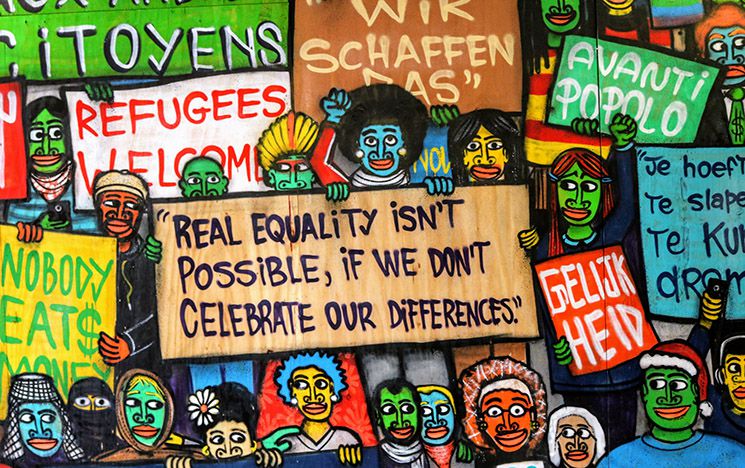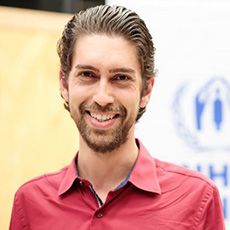What school are you in? Global Studies
What is the title of your thesis?
Envisioning alternative paths: an inquiry into future-making practices within migratory communities in the Amazon region of Roraima
What’s it about?
My aim is to investigate how migrant groups in the city of Boa Vista, Roraima, Brazil engage in collective future making processes. My focus is to analyse how a diverse group – Venezuelans and indigenous migrants - develop strategies to reframe their perceived connectedness by joining cultural associations as an alternative route from institutionalised help and in anticipation of an imagined desirable/undesirable future. I chose to investigate indigenous migrants and Venezuelan migrants because first I am personally involved with one of the cultural associations that support these groups activities and because I believe it is important to consider different aspects of migration to better support them. In the case of my research, I explore how Venezuelan’s migrants and indigenous migrants organize activities that are informed by visions of desirable and undesirable futures.
What motivated you to do your PhD on a migration topic?
After being involved in assisting Venezuelans refugees and migrants in Roraima, Brazil in 2018 I understood that a movement of people that has no precedent was taking place. I was drawn to understand why and how entire indigenous groups were leaving indigenous lands in Venezuela to settle in Brazil and in other parts of Latin America. I think this movement deserve more attention considering that these group leave their land to maybe never come back. In addition, this movement represent a challenge for Estate policy once there is not a special status for foreign indigenous migrants in Brazil.
Email: cm863@sussex.ac.uk
 Humanity Wall, Ghent, Belgium (Photo: Paganelli, 2018)
Humanity Wall, Ghent, Belgium (Photo: Paganelli, 2018)